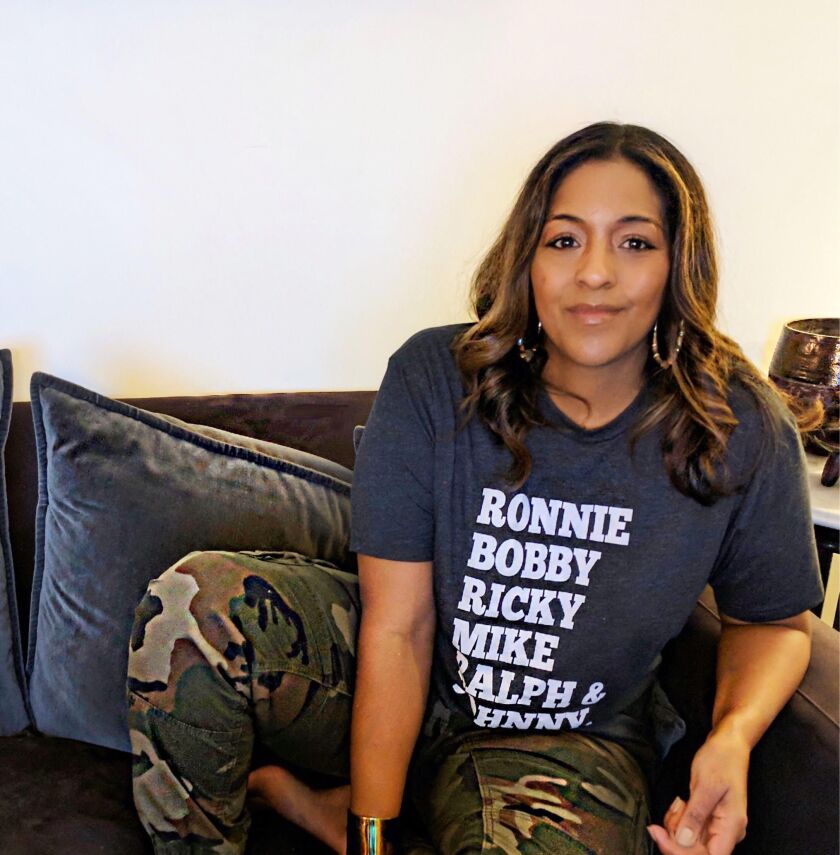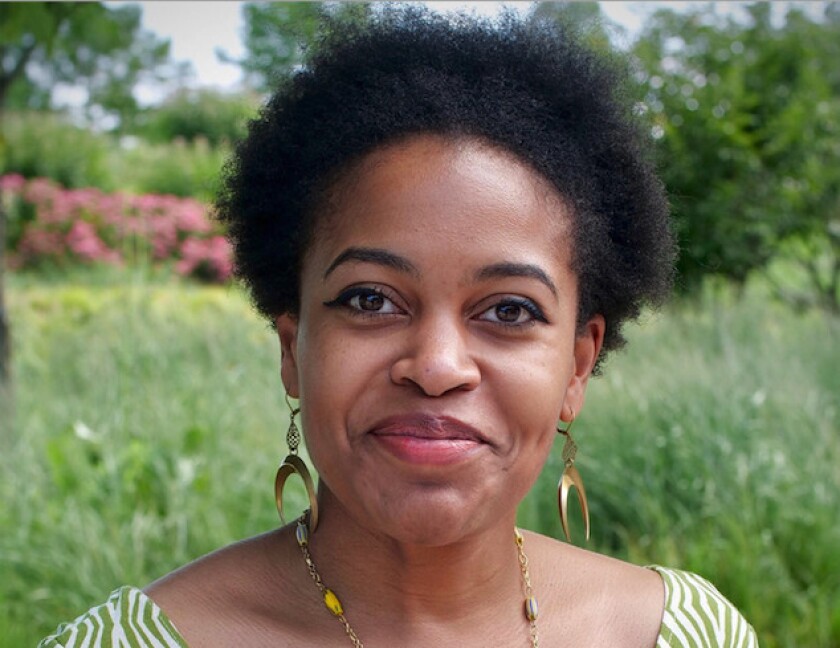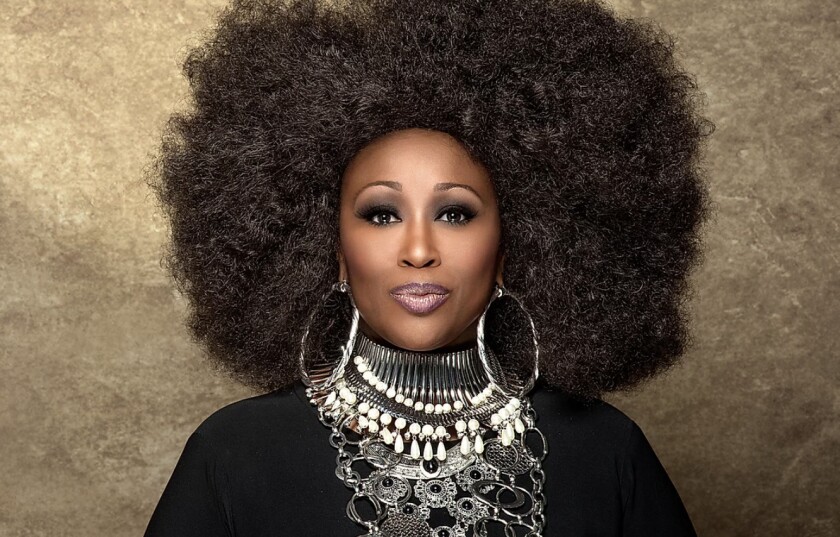Aretha. Mahalia. Whitney.
Black women have possessed some of the greatest voices of all time.
Yet, when it comes to singing competitions and American television audiences, one would be hard-pressed to find black women singers celebrated.
Only a few black women (including multi-racial contestants) have won across all the runs of contemporary top television singing competitions.
“American Idol,” now in its 18th season, has seen three win the title: Fantasia Barrino in the third season, Jordin Sparks in the sixth and Candice Glover in Season 12.
“The Voice,” meanwhile, also in Season 18, has produced just one black female winner: Jamaican singer Tessanne Chin back in Season 5. (The series’ first two winners were black men, and Chris Blue became the third in Season 12.)
It’s not just emerging performers who are denied a crown for their vocal prowess.
Legendary female soul singers have been ousted early from “The Masked Singer.” While Gladys Knight came in third in a field of 12 celebrities (including professional athletes and talk show hosts) during the inaugural season last year — won by T-Pain — the second season saw Patti LaBelle voted off after four performances. Wayne Brady eventually triumphed in that 16-celebrity contest.
(Knight and LaBelle possess two of the most distinctive vocal styles in the industry and are among Rolling Stone magazine’s 100 Greatest Singers of All Time.)
The current season has drawn criticism after the early dismissals of Chaka Khan and Dionne Warwick.
On “American Idol” and “The Voice,” celebrity judges determine contestants and provide feedback on their performances, who are eventually voted on by television audiences. A studio audience votes on all “Masked Singer” contestants after judges make observations and guesses about the identities of the performers.
So what gives? Is the mass TV audience just not into classic, soulful vocals from black women?
“I think that a pop-trained ear doesn’t gravitate towards genuine R&B-style singing,” said Naima Cochrane, a music and culture critic who created the #MusicSermon Twitter series of threads focusing on urban music of the ’80s and ’90s. “A lot of it is about tastes. But it does reflect if you follow it over to the radio and business side, there have been fewer female R&B artists who have crossed over.”
Some of the lack of winning on televised competitions might be an expectation of soulful singing from black women by judges and music critics, said Ayana Contreras, host of “Reclaimed Soul” on Chicago Public Radio’s Vocalo.
“When they hear a black vocalist that’s doing a lot of runs in a traditional R&B style, people take it for granted and just assume — and it’s totally racist, like the assumption that all black people can play basketball. But if you are a white person who sings the exact same way as this black person, they’re more likely to be like, “Oh my god! This person can really sing,’ because it’s less expected,” said Contreras, who believes singers can be racially profiled by voice alone. “It’s totally based on stereotypes.”
Besides the sound, there’s an industry bias against soulful black women who aren’t petite waifs that are easier to market, culture critics say.
“Some of these shows that are supposed to be making pop stars are looking for a certain look as well,” Contreras said. “That’s to the detriment of the artists and the show, because you wind up with sort of similar folks over and over again.”
Cochrane agrees.
“When they can see the singer, the style and the look, the audience has a bias about what they think a pop star looks like. So if they’re black, then maybe they’re slim or they’re light-skinned or whatever. I don’t even know if they’re conscious of it. I just know that it’s in their head,” she said. “And when you’re talking about a show like ‘Masked Singer,’ I think just the real raw gritty vocal of true R&B singing just doesn’t appeal to them.”
Few winners of “American Idol” and “The Voice” have gone on to achieve superstar status, but just appearing in front of millions of viewers can bolster careers. Jennifer Hudson was voted off early in the third season of “American Idol” and ended up blooming into an Emmy- and Oscar-winning performer who is portraying no less than Aretha Franklin in a biopic headed for movie theaters this summer.
Early eliminations can be the result of the desire for particular storylines and narratives to play out in a bid for ratings, said Terisa Griffin, who was a contestant on the third season of “The Voice.”
“When you’re on those shows, you’re supposed to walk away with an opportunity,” said the Chicago R&B singer, who’s performing in a benefit concert with Dee Alexander April 18 at the DuSable Museum. “As African-American artists, when we’re lucky enough to be seen on TV, we have to work hard to make sure that we keep tapping into that audience and make it worth your time, because everybody won’t get a deal.”
It’s harder for soulful black women singers, though, who typically aren’t marketed as much as other groups, making strategic self-promotion crucial. Radio stations and music labels, she said, “should allow us to own it and put as much money behind us as they do some of the other artists. We are soulful, so we shouldn’t have to apologize for that. That should be celebrated.”
Cheryl V. Jackson is a Chicago freelance writer.








